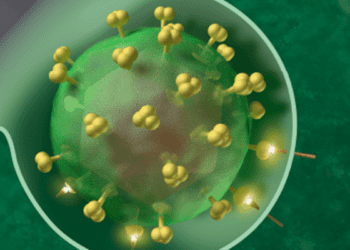Small long term increased risks of neurodevelopmental deficits for infants born preterm
1. Moderately or late preterm infants were found to have an increased risk of neurological outcomes at a median follow-up of 13 years.
Evidence Rating Level: 2 (Good)
Preterm babies have greater risks of developing behavioural or neurological disabilities throughout their childhood compared to babies born at term. However, babies born moderately preterm (32-33 weeks) or late preterm (34-36 weeks) often go unstudied, despite them accounting for the majority of preterm births, which pose a huge burden on the healthcare system. To further characterize this link, researchers assessed a cohort of 1281690 live births with 7525 (0.6%) born at 32-33 weeks, 48772 (3.8%) born at 34-36 weeks, 257591 (20.1%) born at 37-38 weeks, 713952 (55%) born ay 39-40 weeks, and 253850 (19.8%) born at 41 weeks. Many of the preterm children were also found to have a low birth weight for gestational age (<10th centile). In the follow-up period (median = 13.1 years), 75311 children had any neurodevelopmental impairment, with the majority of them only presenting with one impairment. When comparing moderately preterm to normal-term children, the risk difference for any impairment was found to be 4.75% (95% confidence interval {CI} 3.88% to 5.60%). These cohort study results show that compared to babies born at term, babies born moderately or late preterm had higher risks of long-term neurodevelopmental outcomes. The risks were found to be highest at the 32-week mark and started decreasing as the pregnancy was further into the term. Additionally, babies were compared by their birth weight and through that it was found that infants born small for gestational age had increased risks of neurodevelopmental impairment compared to babies born with normal weight. Since some neurodevelopmental outcomes have similar clinical signs, it was difficult to distinguish among them, thus a few were not included in the study at all. These excluded outcomes could have been underreported in the sample, resulting in an underestimation of associations. In all, moderately and late preterm infants had long-term neurodevelopmental impairments in several areas.
Click to read the study in BMJ
Image: PD
©2024 2 Minute Medicine, Inc. All rights reserved. No works may be reproduced without expressed written consent from 2 Minute Medicine, Inc. Inquire about licensing here. No article should be construed as medical advice and is not intended as such by the authors or by 2 Minute Medicine, Inc.








